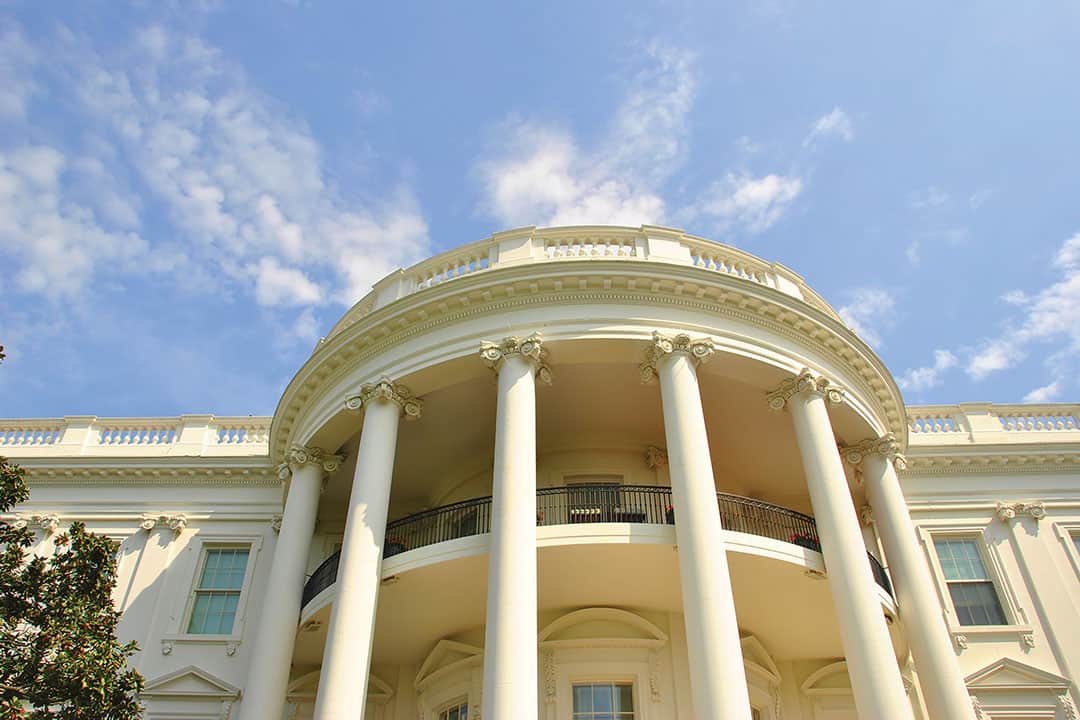The role of the speaker of the US House of Representatives is highly important. The speaker is responsible for maintaining order during debates and proceedings, appointing members to committees, and serving as a representative of the House to the Senate and the president.
As a result, it was concerning for many when it took the US House of Representatives an astonishing four days of negotiating and 15 voting sessions to elect Republican Kevin McCarthy as speaker. To put this situation into perspective, it usually requires only one voting session for the speaker election.
To determine why the complications surrounding McCarthy’s election occurred, it is important to first understand how the speaker election works.
How does the speaker of the US House of Representatives election work?
The speaker of the United States House of Representatives is elected by a majority vote of all the members of the House. Since there are 435 members, at least 218 votes are needed to win the vote. The speaker is elected by roll-call vote in which every member of the house can vote for any individual, regardless of their political party affiliation.
The speaker is usually a member of the majority party in the House, but they can also be from the minority party if they can secure enough votes from members of both parties. If no one receives a majority on the first ballot, the voting process is repeated until someone receives a majority. That is precisely why this election took so long.
The Republicans currently have the majority in the House, with 222 members. If they all voted for McCarthy, he would’ve won, but not all Republican House members are fans of him. A group of about 20 far-right Republicans refused to vote for him due to their belief that he is not conservative enough. Among this group of 20 are Matt Gaetz of Florida and Bob Good of Virginia. They claim that McCarthy is too closely associated with a corrupt Washington and will do nothing to try and change the way it’s governed.
However, in the end, McCarthy was able to secure the votes he needed from this group — but at a great cost. McCarthy needed to make numerous concessions in order to win the majority’s favor, which resulted in him losing a significant amount of power as the speaker. For example, he agreed to lower the number of House members required to begin the process of removing the speaker — formally known as a “motion to vacate” — from five members to one. This makes his role as the speaker highly vulnerable and limits his authority.
He also appeased the hardline Republicans by agreeing to support capping government spending on the military by over $75 billion USD in 2024, even though this position is not in line with his own views.
What does this mean for the state of US politics?
In any case, I think this past speaker election is highly indicative of the ruinous state that modern-day American politics has come to. This election has shown that American politicians on the left and right have become so radicalized in their views that they are unwilling to vote for members of their own party simply because they aren’t extreme enough.
American politics have also become increasingly polarized, with both major political parties becoming more ideologically distinct and less willing to work together. This polarization of politics has led the American public to suffer from hyperpartisanship, a situation in which political parties are in fierce disagreements. This is dangerous as it affects the ability of both political parties to collectively address issues that affect the well-being of the nation.
Despite the necessity of bipartisanship, discourse amongst American politicians has become very divisive, with numerous political commentators attacking their opponents in highly personal and negative terms.
Despite how bleak things are looking, let’s hope that this speaker election does not foreshadow what’s to come in the near future for American politics. It is far more beneficial to compromise one’s beliefs in order to make progress and have constructive conversations about fundamental issues.
It is also dangerous for democracy if people increasingly stray away from moderate positions on issues and instead adopt extreme views. In order for change to happen, politicians and the general public must become more bipartisan, more willing to see value in others’ political views, and most importantly, more inclined to work together in achieving unity as a populace.
Rubin Beshi is a second-year student at Woodsworth College studying political science and English. He is The Varsity’s international affairs columnist.


